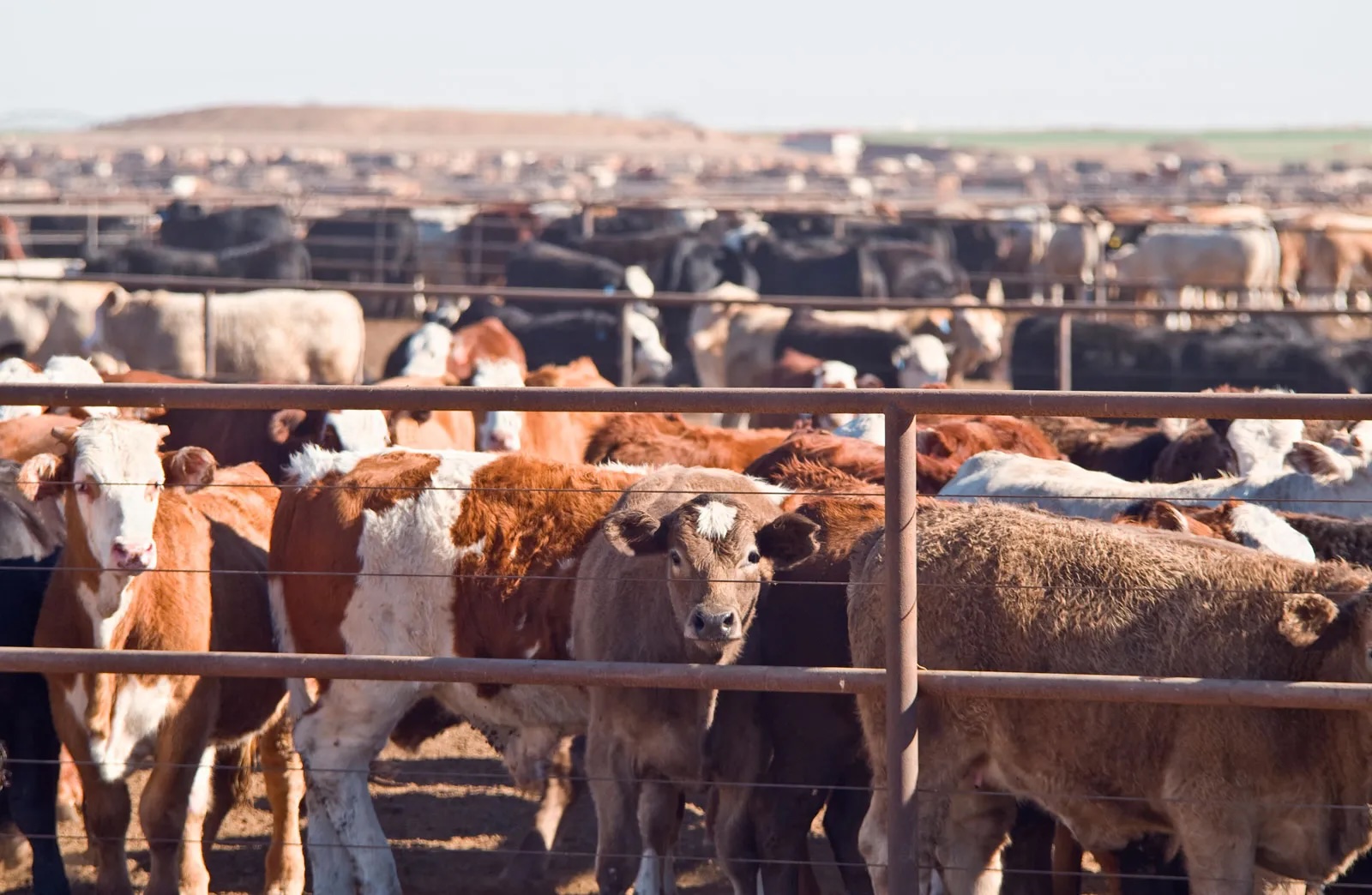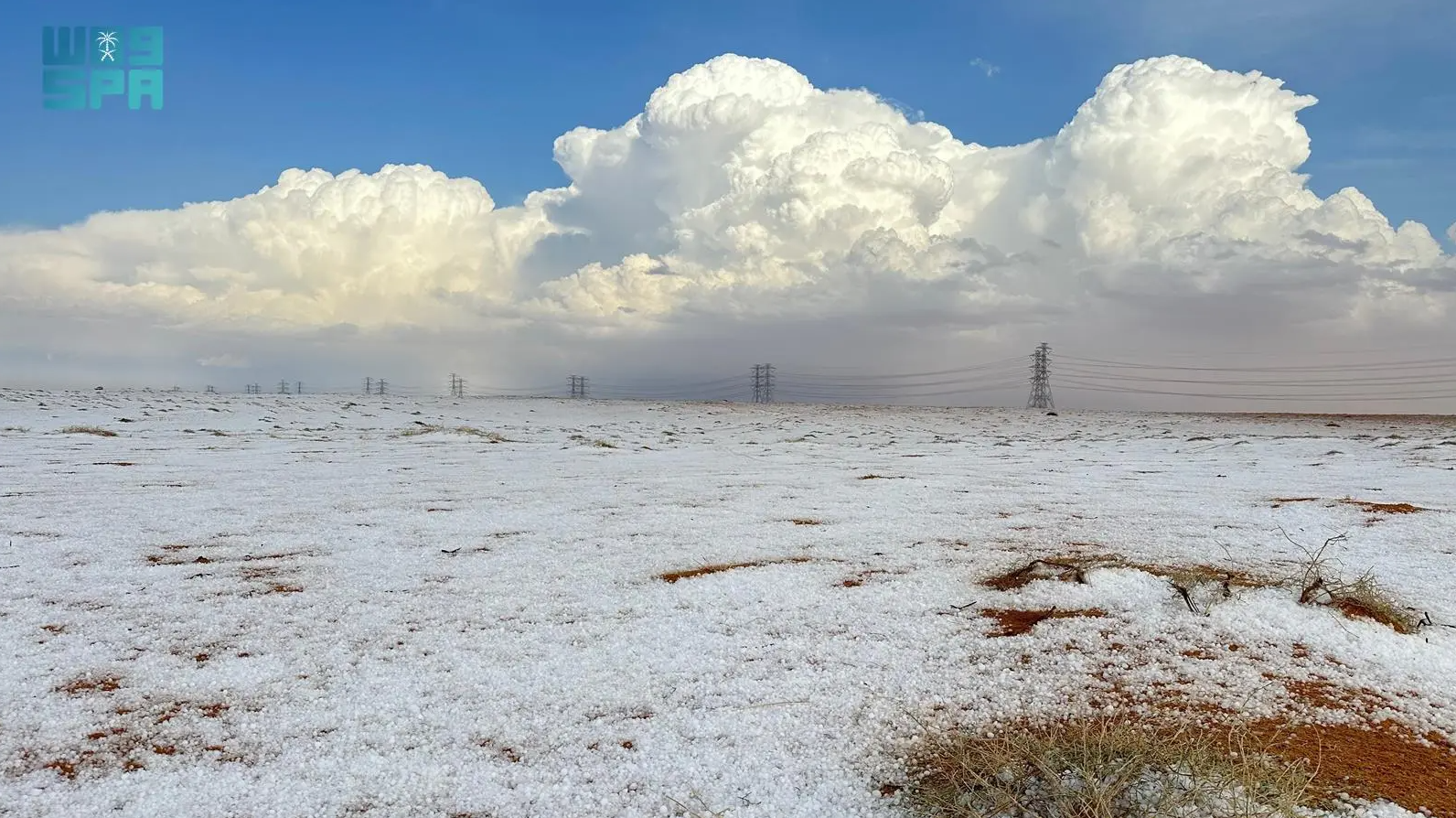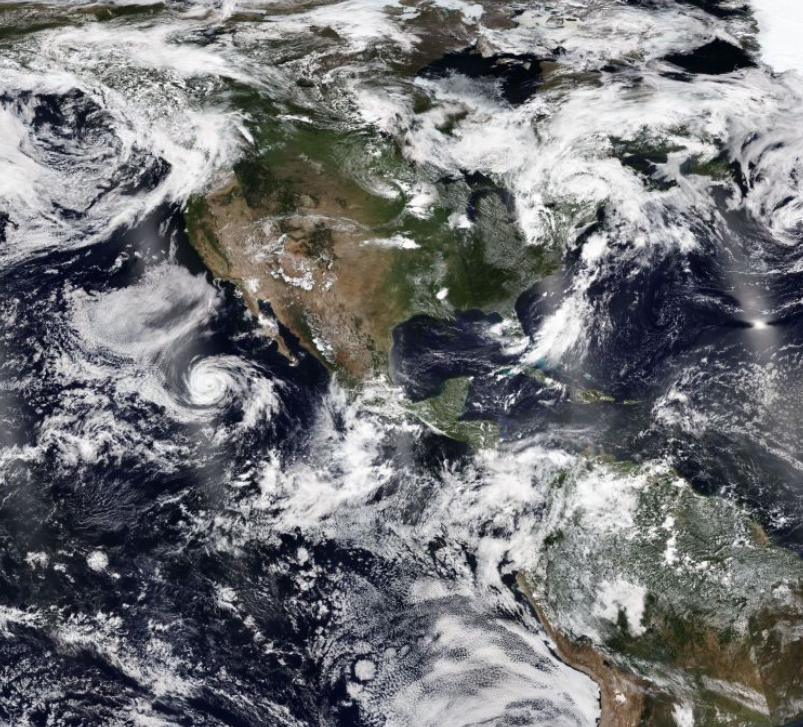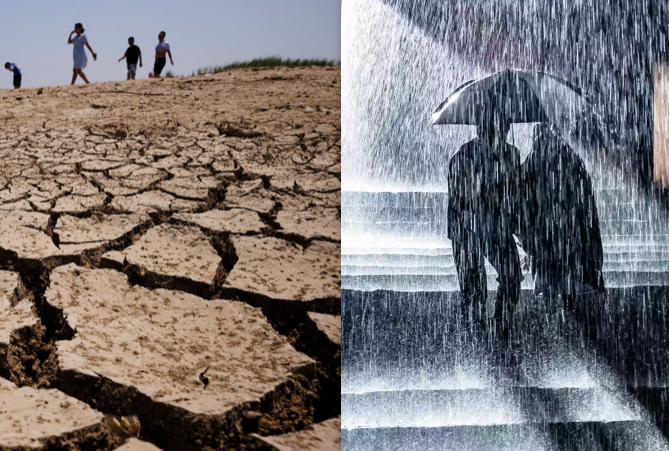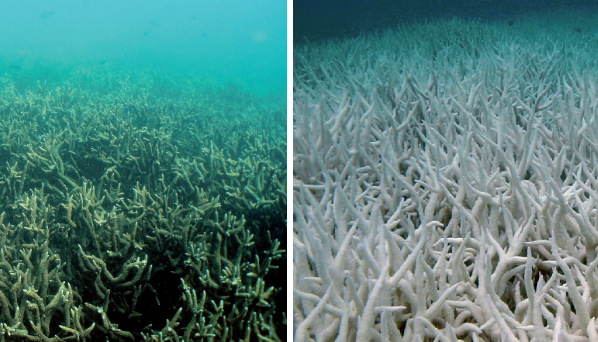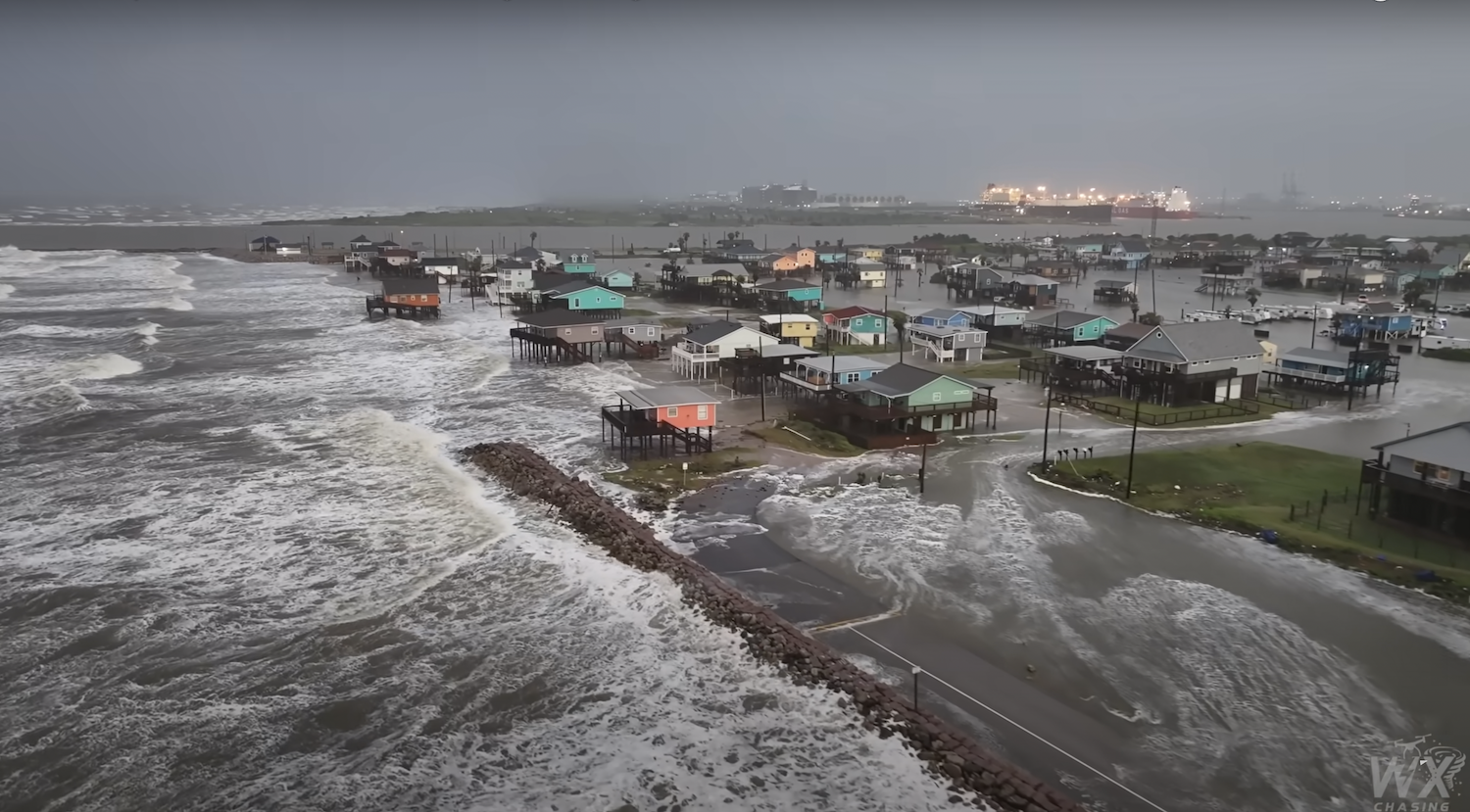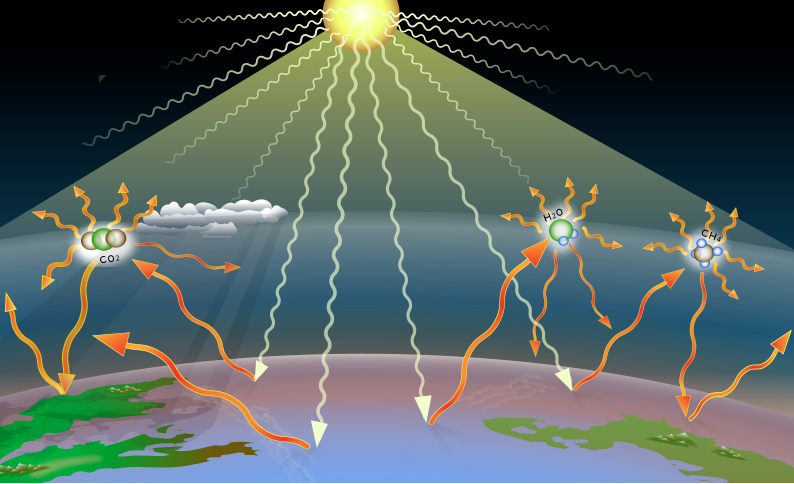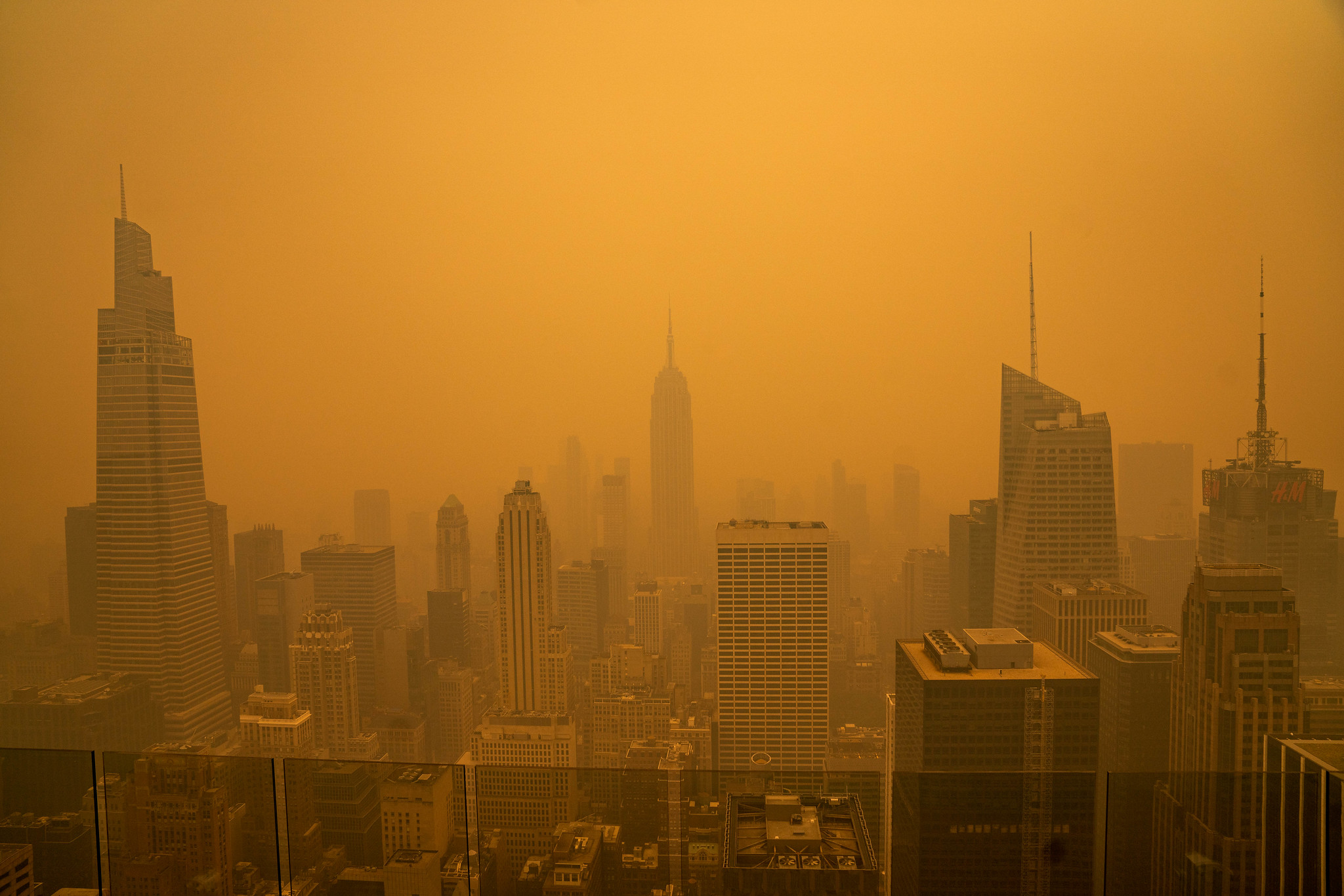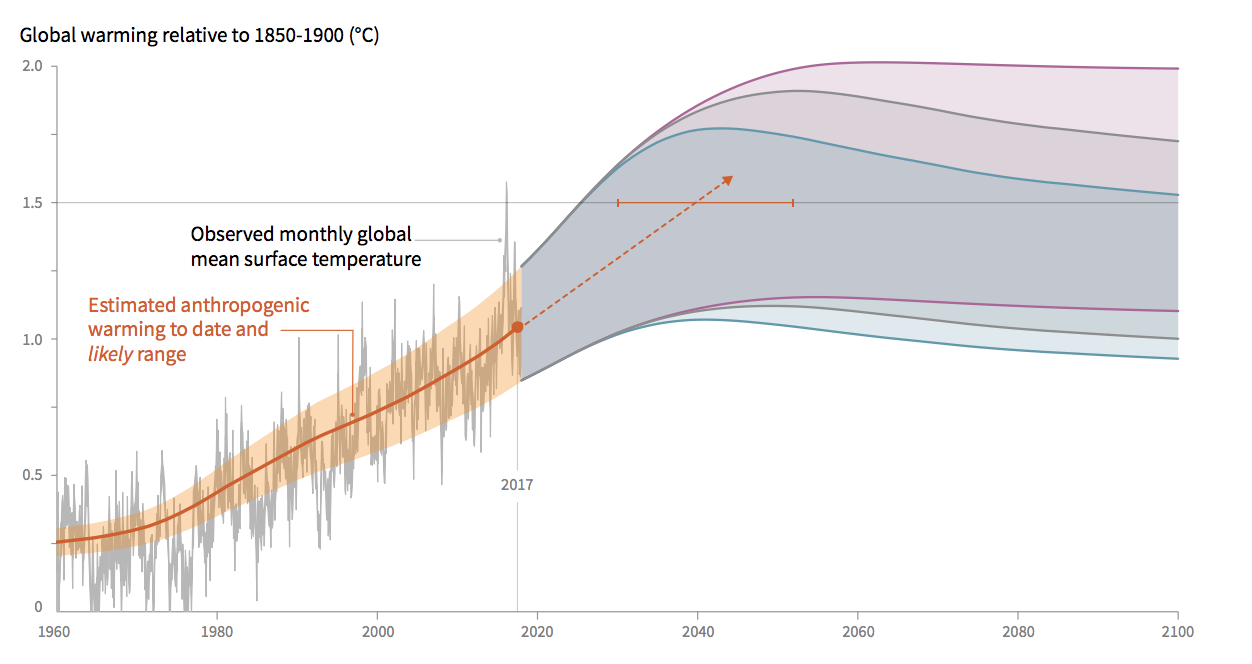.
Cattle have numerous impacts on Earth’s climate and natural environments, despite misconceptions
2025-02-07
Key Takeaways: There were 1.5 billion cattle on Earth in 2022 – that’s more cattle than there are people in any single country right now; Cattle production emits greenhouse gases both through enteric fermentation (i.e., gas produced from digestion) and farming processes – these greenhouse gases warm Earth; Cattle produce approximately 104 million metric tons … Continued
Hailstorm in Saudi Arabian desert mistaken for snow, sparking misleading climate claims online
2024-11-22
In early November, several photos were shared via social media and news outlets showing what was allegedly the ‘first-ever snowfall on record’ in the Al-Jouf (or Al-Jawf) desert in Saudi Arabia. This ignited polarized discussions on social media with some people blaming climate change, and others claiming this ‘contradicts’ global warming. On an X/Twitter post … Continued
Climate vs. weather: a deep dive on the key differences
2024-11-13
What’s the difference between ‘climate’ and ‘weather’? Although they are related, these are actually two distinct concepts and they are measured at very different timescales. Despite this, some people use these terms interchangeably, leading to confusion and misinformation about climate change. For example, a Facebook post from 9 August 2024 received over 15,000 interactions after … Continued
Climate change and its impacts on the water cycle; how can it increase both droughts and heavy downpours?
2024-08-27
If your tap ran dry and stores closed down, where would you get your freshwater? Water is essential to human life – so important, in fact, that civilizations throughout history have developed around this vital resource. In modern times, many people are fortunate enough to rely on a running tap, but for others, freshwater remains … Continued
From vibrant corals to white skeletons: climate change and looming existential threats to coral reefs
2024-07-23
Coral reefs and their ecosystems serve important roles on Earth – they flourish with biodiversity, providing habitat to 25% of known marine species[1,2], and offer coastal protection from storm surges and cyclones[1]. However, coral reefs are also one of the most sensitive marine ecosystems on Earth, and more than half of the world’s coral reefs … Continued
Sea-level rise: to mitigate or adapt? Experts say we need to do both.
2024-06-28
Roughly 900 million people lived in low-lying coastal cities and settlements in 2020; a figure that is projected to reach 1 billion by 2050. Is there anything we can do now to reduce sea-level rise and its impacts? Our past actions will already impact sea-levels for thousands of years. But not everything is set in stone. We possess the power to reduce sea-level rise and its impacts over the next century and beyond with our current actions. Some advocate to mitigate the causes, and others to adapt to the consequences. But what do experts say?
How CO2 warms Earth through the greenhouse effect and why CO2 is not ‘saturated’ in Earth’s atmosphere
2024-05-14
There is no doubt about it – climate science can be complex. But sometimes this complexity is mistaken for uncertainty. A recurring example is our scientific understanding of carbon dioxide’s (CO2) effects as a greenhouse gas[2]. However, the evidence for CO2 as a greenhouse gas is well-established and is built on a body of scientific … Continued
Of the many factors that cause wildfires, the influence of climate change and human activities is growing
2023-10-16
Although there are multiple things at play when it comes to wildfires, climate change is becoming increasingly important. Wildfires are the result of complex interactions between biophysical and human factors, and it only takes one poorly managed campfire to cause a serious, widespread wildfire disaster. Many wildfires are indeed the direct result of human activities. However, many more and much worse wildfires are now possible because of climate change, leading to greater environmental and economic negative impacts.
Authorities undertaking climate action targeted by viral “Climate lockdowns” narrative on social media
2023-07-19
The increasing number of measures to limit greenhouse gas pollution that can be expected in the future will certainly present opportunities for future weaponization and misrepresentation. Writers, editors, and journalists should be aware of these manipulation tactics when discussing the aftermath of COVID-19 restrictions or future climate policies, knowing that some actors are trawling for any evidence to boost the manufactured ‘climate lockdown’ outrage.
What’s in a number? The significance of the 1.5°C warming threshold and reporting on its possible breach in popular media
2023-05-24
These findings were widely covered by popular media outlets, including in articles published by The Guardian, CNN, and BBC, which all reported that this temperature increase would represent a breach of the key IPCC threshold. However, this is missing some important context.
“A single year above 1.5°C does not mean the world has passed that particular warming level”, said Zeke Hausfather. Such nuance was better captured by articles published in Reuters and Axios, which both correctly did not report that these new temperature projections, if realized, would constitute a breach of the threshold.

